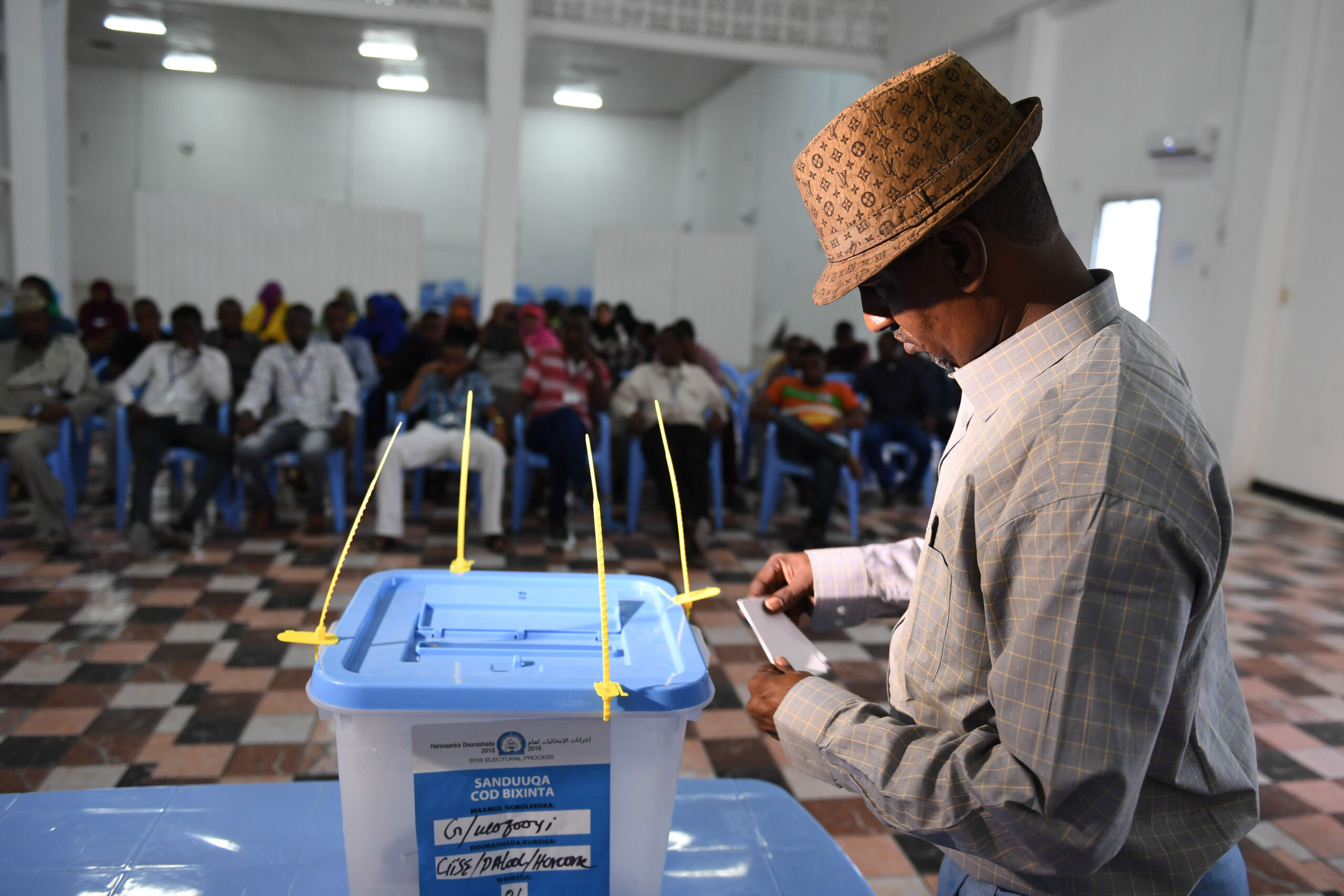Somalia’s capital, Mogadishu, will head to the polls in a landmark local election scheduled for 30 October 2025. For a country accustomed to indirect power deals and fragile political transitions, this vote carries weight far beyond municipal politics — it’s a critical test of President Hassan Sheikh Mohamud’s leadership, governance reforms, and the country’s ability to hold credible polls amid crisis.
This will be the first major local election in Mogadishu in decades, and it comes at a time when Somalia faces hunger, disease, and insecurity on multiple fronts. The stakes are therefore as high as they are historic.
Since the collapse of the central government in 1991, Mogadishu’s leadership has largely been shaped by appointments, not ballots. The upcoming municipal polls mark a turning point in President Mohamud’s push for one-person-one-vote elections — a campaign promise he made after taking office in May 2022, when he defeated Mohamed “Farmaajo” in a parliamentary vote.
If successful, the vote will lay the groundwork for broader elections at state and federal levels in 2026, potentially ending Somalia’s long reliance on indirect clan-based electoral systems.
“This isn’t just about electing local councillors — it’s about proving Somalia can hold peaceful, legitimate polls in its capital,” said a political analyst at the Heritage Institute in Mogadishu.
For President Hassan Sheikh Mohamud, this election is more than a municipal exercise — it’s a litmus test for his reform agenda.
He came to power pledging national reconciliation, security gains, and democratic renewal. Since then, his government has:
• Reclaimed several towns from Al-Shabab with support from the African Union Stabilization Mission (AUSSOM);
• Secured debt relief worth over USD 300 million to help stabilise the economy;
• Re-engaged with international partners, culminating in Somalia’s accession to the East African Community in 2023;
• Laid groundwork for direct elections, beginning at the local level.
But this progress is shadowed by multiple crises: severe aid cuts that threaten millions with hunger, a worsening diphtheria outbreak that has exposed weak health systems, and persistent Al-Shabab attacks — including recent incidents in Mogadishu itself.
The election’s credibility, turnout, and security will reflect directly on Mohamud’s leadership.
The capital remains vulnerable. Al-Shabab, though pushed back from major urban centres, has stepped up targeted attacks on security forces, government buildings, and election preparations. The Somali Police Force, African Union units, and international partners have increased patrols and checkpoints in recent weeks to secure polling stations.
Election officials have also had to battle logistical challenges: poor infrastructure, voter registration delays, and limited funding. A successful vote under these conditions would mark a significant administrative achievement.
In Bakara Market and around the crowded Hamarweyne district, residents express a mix of excitement and anxiety.
“We want to vote. We want to choose our leaders,” said Asha, a 27-year-old shopkeeper. “But we also worry about safety. Al-Shabab doesn’t like elections.”
Opposition groups, including some aligned with former leaders, have criticised what they call uneven access to media and unfair advantages for pro-government candidates. Election observers say how these concerns are handled could shape perceptions of fairness — and determine whether this becomes a model or a cautionary tale.
The Mogadishu vote is widely viewed as a dress rehearsal for broader elections in 2026, when President Mohamud’s term ends. If the polls are peaceful and legitimate, they could accelerate Somalia’s transition toward direct democracy and boost the president’s reformist credentials.
Failure, however — whether through security disruptions, low turnout, or political disputes — could deepen public frustration and hand ammunition to critics who question whether he is the right man to lead Somalia through its crises.
Somalia remains at a crossroads. It faces humanitarian emergencies, health system strain, and a volatile security landscape, but it also has an unprecedented opportunity to build a more participatory political future.
For many observers, the 30 October Mogadishu local election will be a defining moment.
Will it signal democratic progress — or expose the limits of a fragile state?
Either way, the results of this vote will shape not only the capital’s future but also the political trajectory of an entire nation.
Mogadishu Votes: Local Elections Seen as Key Test for Somalia’s Leadership

A delegate from Somaliland votes during the ongoing electoral process in Mogadishu, Somalia, on December 19, 2016. UN Photo / Ilyas Ahmed
